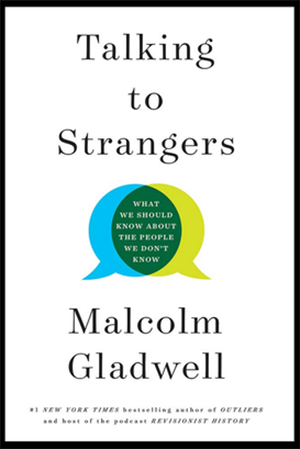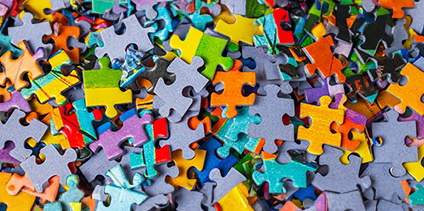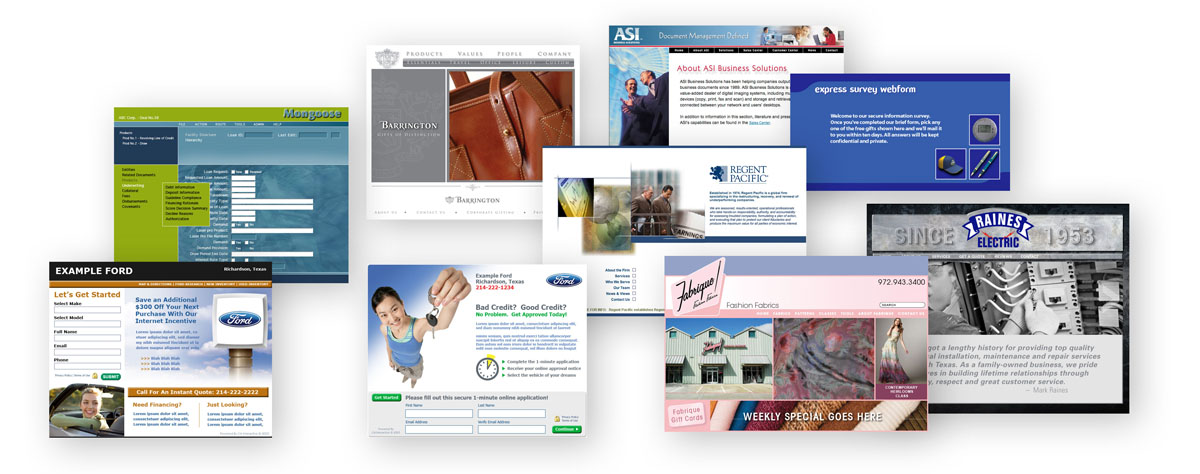How’s Your Balance
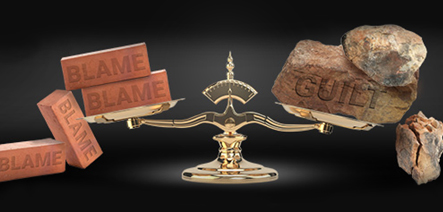
How’s Your Balance?
I’m not asking if your equilibrium has recovered from New Year’s Eve overindulgence. This is something else. Following are a couple of stories that may seem unrelated but bear with me and I believe they’ll make sense.
The Two Rosetos
In the mid 1950’s, physician Stewart Wolf and sociologist John Bruhn began an intense study of the emigrants living in Roseto, Pennsylvania. Having relocated from Roseto Valfortore, Italy in the late 1800’s, the Rosetans had recreated a town almost identical to their hometown – closely clustered two-story stone houses with slate roofs on narrow streets surrounding a plaza with a church they named Our Lady of Mount Carmel.
Through a series of coincidences, Stewart Wolf was introduced to the town and made aware that it’s residents enjoyed incredible health. Nobody under the age of 65 had heart disease – this in an age when smoking was rampant and cholesterol-lowering drugs were yet to be invented. On top of that, the Rosetans’ dietary habits were atrocious and none followed any exercise regimen.
For several years, Wolf and Bruhn made a detailed study of Rosetans — their family histories, their diets, their work and exercise habits. What they finally realized was that the secret of Roseto wasn’t diet or exercise or genes or location. It was Roseto itself and the two scientists figured out why.
They noticed how the Rosetans visited one another, stopping to chat in Italian on the street, or cooking for one another in their backyards. Many families had three generations living under one roof with grandparents being especially respected. Weekly mass at Our Lady of Mount Carmel provided a unifying and calming effect on the community. There were twenty-two separate civic organizations in a town of just under two thousand people. Roseto’s particular egalitarian ethos discouraged the wealthy from flaunting their success and helped the unsuccessful obscure their failures. Now hold that thought…
Redundant Apps
A couple years back, I enjoyed hearing one of our esteemed MasterMind members speak to another business group. He related the tale of a former client whom he had served as an IT consultant. That particular client had a fairly large local network of computers performing an array of tasks. Every Monday morning, their server was programmed to print a lengthy report analyzing the activities of every computer on the network. However, NOBODY was reading the printout. When asked why they printed the massive report, the clients shrugged their shoulders and said they had always done so. Since our speaker was a bit of a maverick, he simply turned off the report app and waited for the reaction. Nobody noticed. Work continued as usual and less paper went into the waste basket at the end of each Monday.
Our speaker went on to explain how he had subsequently discovered and discontinued unprofitable activities in his own life, improving his health as a result. He then had the audacity to ask the group which needless habits we were each continuing without deriving any benefits. Hold that thought as well…
Balancing Acts
Now that you’re way down here at the bottom of the page, scroll back up and take a look at that graphic because that’s where we’re headed.
One important cue to business coaches and psychologists that a client is not dealing with their own failures is the amount of blame they place on those around them. Balancing our guilt by finding fault with those around us is a habit as old as the human race (“The woman made me do it” Genesis 3:12). It might just be the father of all dysfunctional habits and the consequences could not be worse. After a while, we’ve piled up so much blame on one side of our psychic scales in order to balance out all the guilt on the other side, that the scales themselves begin to give way. The inevitable result is depression and a further lack of productivity — both personally and professionally.
So what’s the answer? If we eliminate the blame we’ve been assigning to co-workers, spouses, friends, and relatives, we’re left with a pile of personal guilt to shovel out like a week-old horse stall that’s almost too putrid to enter. Remember those Rosetans? They found a path out of the Guilt/Blame maze. Their successful solution was open, honest community – not via social media but face-to-face, in their work places, in their homes, and in their volunteer groups. Their solution worked! Is it any wonder that so many of the steps in a 12-step program are centered around taking ownership of our issues and making things right with those we’ve mistreated?
Perhaps this year, instead of making useless resolutions that we’ll discard by February, we should follow my friend’s sage advice and just turn off our unproductive guilt/blame app. Who knows? We might even discover that immediately owning our failures and moving forward with the help of non-judgmental friends might improve our physical health along with our relationships.
For the full story of the Rosetans, read “Outliers” by Malcom Gladwell. For a great guide to Stepping Up and embracing responsibility over blame, y’all already know what book I’m gonna recommend.
“If not us, then who? If not now, then when?”
— John Izzo, “Stepping Up”
Good Reads. Even Better Listens.
Discrimination and Disparities
Thomas Sowell
Sowell is not just an internationally-acclaimed economist — he’s a perceptive student of human behavior. This book, like many of his others, is an eye opener about the poorly founded assumptions we’ve all made and based our lives on. Sowell is not some self-aggrandizing college professor speaking from academic theory. He’s lived every issue he addresses.
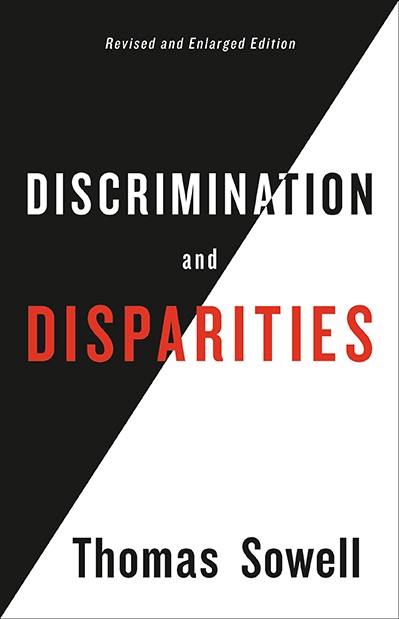
Talking to Strangers
Malcolm Gladwell
You might just be the world’s greatest communicator but that doesn’t mean your audience is hearing the same words you’re speaking. Gladwell takes a sobering look at why we aren’t communicating and what the consequences of that failure turn out to be. We’ve got to understand the problem before we can begin to fix the problem.
